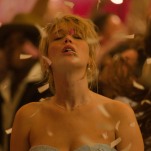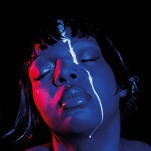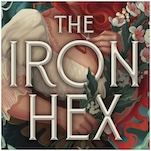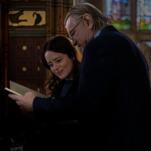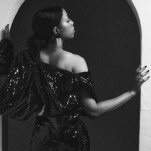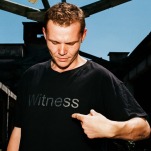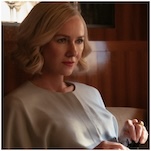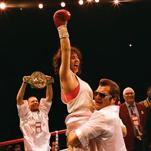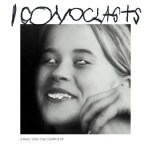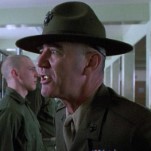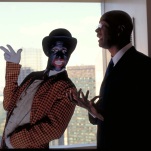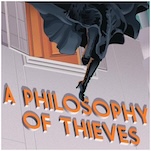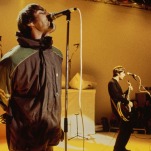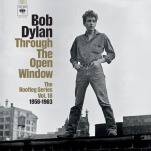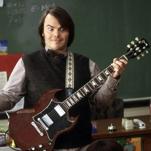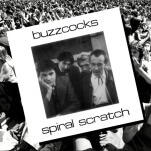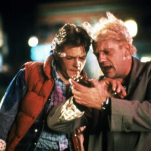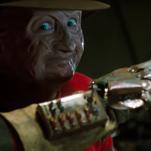Every Albert Brooks Movie, Ranked
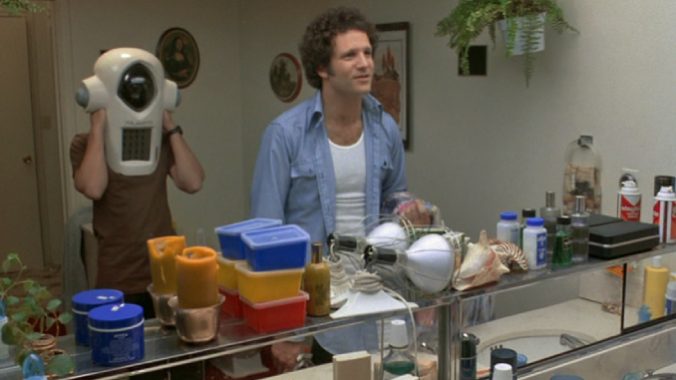
“A comedic tornado,” “the first alternative comic” and “one of the most original thinkers that we’ve ever seen” is how Steven Spielberg, Jon Stewart and Chris Rock describe Albert Brooks in Rob Reiner’s recent documentary Albert Brooks: Defending My Life. Born Albert Einstein, with a father and mother both in the show business game, Brooks seemingly emerged from the womb a performer, absorbing the energy of the comedy legends—including Milton Berle, Mel Brooks (no relation) and Rob’s father, Carl Reiner—who were regular fixtures around him growing up. With those talents fostering a new generation of comedians, it would have been easy for Brooks to follow in their tradition, but from an early age he cut out his own path.
“Deconstructionist genius” is another phrase Stewart uses in reference to Albert Brooks, a perfect way to explain the comedian’s unimaginable creativity and inventiveness—his remarkably dry wit and way of undercutting what the audience expects in order to deliver a knockout curveball from left field that puts you in stitches. Beginning his career as a stand-up, Brooks developed his punk rock brand of comedy through talk show stints in which he’d go on national television with a routine that he invented moments before going on air. He practically reinvented stand-up with appearances more akin to performance art and conceptual comedy, featuring characters like a mime who can’t stop verbally explaining his miming, a ventriloquist who among other things will have the dummy drink a glass of water while Brooks sings instead of the opposite, and an animal trainer who has an elephant who does unbelievable tricks… but the elephant got sick, so he’s doing his whole act with a frog taking place for the elephant.
Whatever you thought you understood about comedy, whatever expectation you had for where any performance would go, Brooks was determined to do the complete opposite. He’d have ideas that, if you explained them to a group of people in a pitch, would get you thrown into an asylum. Yet, he pulled them off in a way that made you question how the hell no one had ever thought of something so simple yet so genius.
This aura of “next big thing” that was surrounding Brooks by the mid-to-late 1970s was so stratospheric that he was approached by Lorne Michaels and Dick Ebersol with their idea for The Albert Brooks Show, a weekly variety program that would air on NBC on Saturday nights with Brooks as the regular host. Instead, Brooks suggested they should have rotating hosts, essentially inventing the format that would become Saturday Night Live. That wasn’t his only invention for the weekend staple: He also told the duo that instead of hosting, he wanted to make a series of short films, creating pre-recorded skits that set the blueprint for everything from The Lonely Island to Funny or Die and still remain a constant fixture of the program.
For five decades, Brooks has been reinventing the form of entertainment, and if that wasn’t enough he’s also proven himself an astute actor. Making his debut feature performance in Martin Scorsese’s Taxi Driver, Brooks has popped up as (among other things) a flop-sweating newsman in Broadcast News (which earned him an Academy Award nomination for Best Supporting Actor) and a chilling crime lord in Drive, as well as delivering indelible voice performances in Finding Nemo as Marlin and in The Simpsons as numerous characters including Hank Scorpio. If that’s not enough, in 2011 he wrote a book titled 2030: The Real Story of What Happens to America, a near-future dystopian tale of an earthquake that rattles the foundations of society and opens up the massive chasms that have been building between cultures and generations.
A man of many talents, the most complete formation of Albert Brooks’ genius comes in the movies he’s directed. A scarce seven to date, with the most recent released a whopping 20 years ago, Brooks (along with frequent co-writer Monica Johnson) has honed a legacy of astute observations on how we interact with each other and the world. Brooks always cast himself in the leading role, as he was unafraid to be ugly, destructive and completely out of control on screen. Seven feels like far too few movies for someone with as distinct a gift as Brooks, yet we’re lucky to have these seven at all, so why not rank them?
Here is every Albert Brooks movie, ranked:
-

-

-

-

-

-

-

-

-

-

-

-

-

-

-

-

-

-

-

-

-

-

-

-

-

-

-

-

-

-

-

-

-

-

-

-

-

-

-

-


